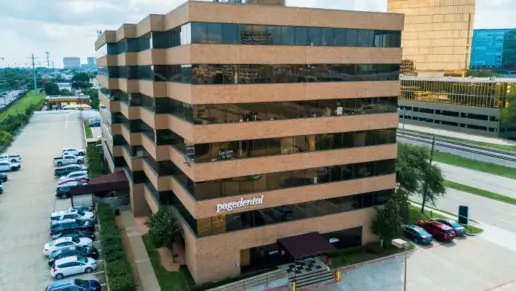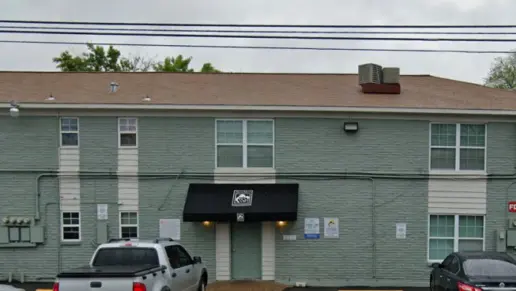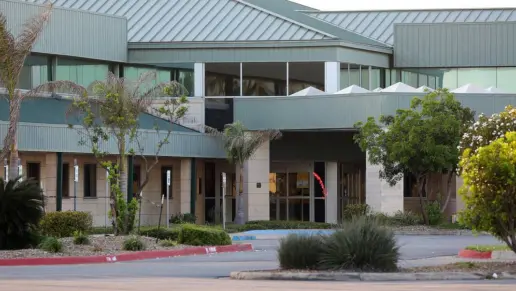About Real Deal Sober Living Home Dallas
Established in 2016, Real Deal Sober Living Home Dallas provides an integrated recovery support system for men in Dallas, Texas. Home to a thriving economy and recovery community, Dallas provides the ideal location to advance in recovery while getting your life on track. You can access a safe, supportive living environment with others on similar paths.
Sober living homes provide a balance between guidance and independence. For me, their program really stands out for its emphasis on building life skills. You’ll have support every step of the way. Still, they encourage you to become self-sufficient in multiple life aspects, especially taking responsibility for your recovery journey. You’ll benefit from a tight-knit peer community, live-in house management and group and individual therapy.
Another wonderful feature I love is that they’re pet-friendly. Stepping away from your loved ones can be one of the most challenging parts of recovery. They ensure you feel right at home by allowing your pet to live with you. Along with having your furry friend for support, they recognize that caring for pets helps build essential recovery skills. Creating a healthy routine with your pet can help you gain discipline and patience while understanding and giving unconditional love.
I also found their sober living tiers interesting. They separate each house into categories, such as classic, signature and trademark. Each tier offers standard support, like daily meditation meetings, a live-in manager, basic utilities and accountability. As tiers increase, you can access gym memberships, food service, dual management, transportation and specialized relapse prevention support. Their Northeast Dallas plan is part of the classic level, which includes less structured accountability with basic amenities.
Rehab Score
Gallery



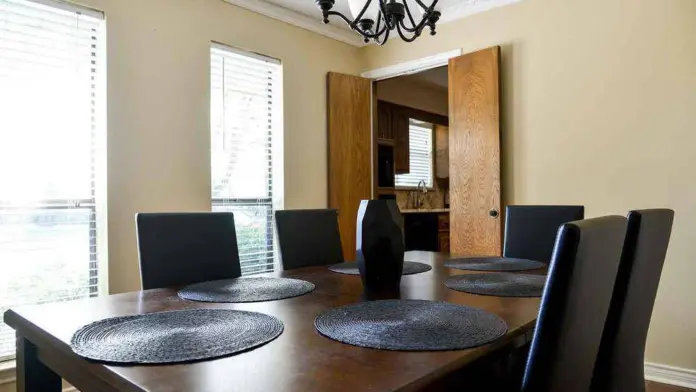
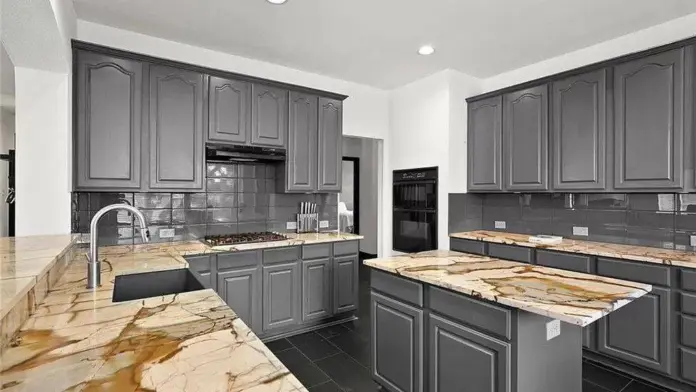
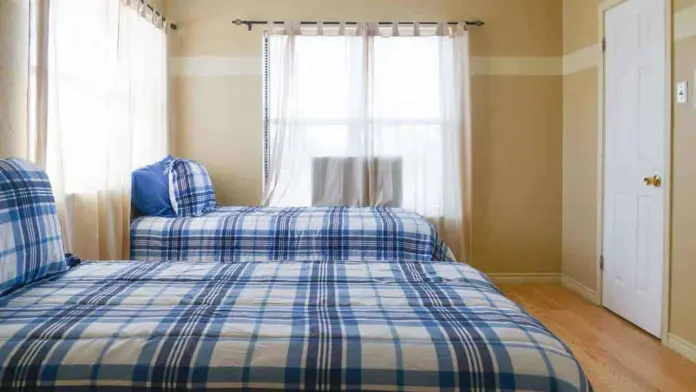
Location
Other Forms of Payment
Private insurance refers to any kind of healthcare coverage that isn't from the state or federal government. This includes individual and family plans offered by an employer or purchased from the Insurance Marketplace. Every plan will have different requirements and out of pocket costs so be sure to get the full details before you start treatment.
Self-pay involves paying for treatment out of your own pocket. You can use savings or credit, get a personal loan, or receive help from family and friends to fund your treatment. If you don't have insurance or your insurance plan doesn't cover a specific program, self-pay can help ensure you still get the care you need.
Addiction Treatments
Levels of Care
Programs


Clinical Services
Peer support is an important aspect of group therapy sessions for drug and alcohol addiction. As you and your peers share stories and encourage each other, it fosters a sense of community and belonging that helps you process your feelings and reduces the sense of isolation that is associated with addiction.
Individual therapy offers you a confidential space to address the complexities of your drug or alcohol addiction. Your therapist guides these personalized sessions to help develop self awareness and manage stress. This promotes sustained sobriety and overall well being.
Therapy sessions that incorporate motivational interviewing focus on OARS: open questions, affirmation, reflections, and summarizing. This facilitates an exchange of information and an empowering of the client to decide for themselves what changes might need to be made in their lives.
Couples therapy helps couples learn to control emotions, trust each other, and communicate more effectively. It can be useful for short term intervention for a specific issue or for working on the relationship long term.
The purpose of family therapy is to create a supportive and understanding family dynamic within the family unit. Therapists help individual members to identify and change harmful behavior patterns and improve communication. This provides a stable foundation for the family and their loved one's recovery.
Amenities
-
Gym
-
Yoga Studio
-
Wifi
-
Residential Setting
-
Private Rooms
Accreditations

The Joint Commission, formerly known as JCAHO, is a nonprofit organization that accredits rehab organizations and programs. Founded in 1951, the Joint Commision's mission is to improve the quality of patient care and demonstrating the quality of patient care.
Joint Commission Accreditation: Yes
Contact Information
10219 Sunridge Trail
Dallas, TX 75243
